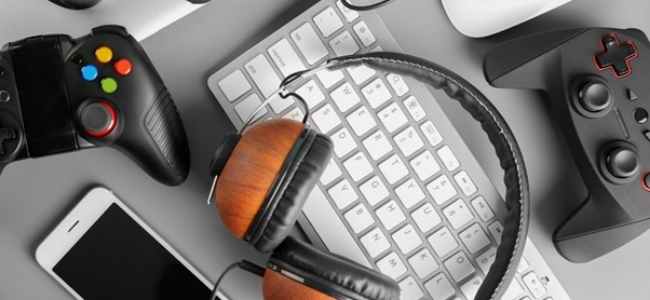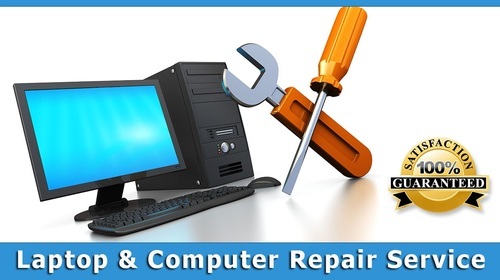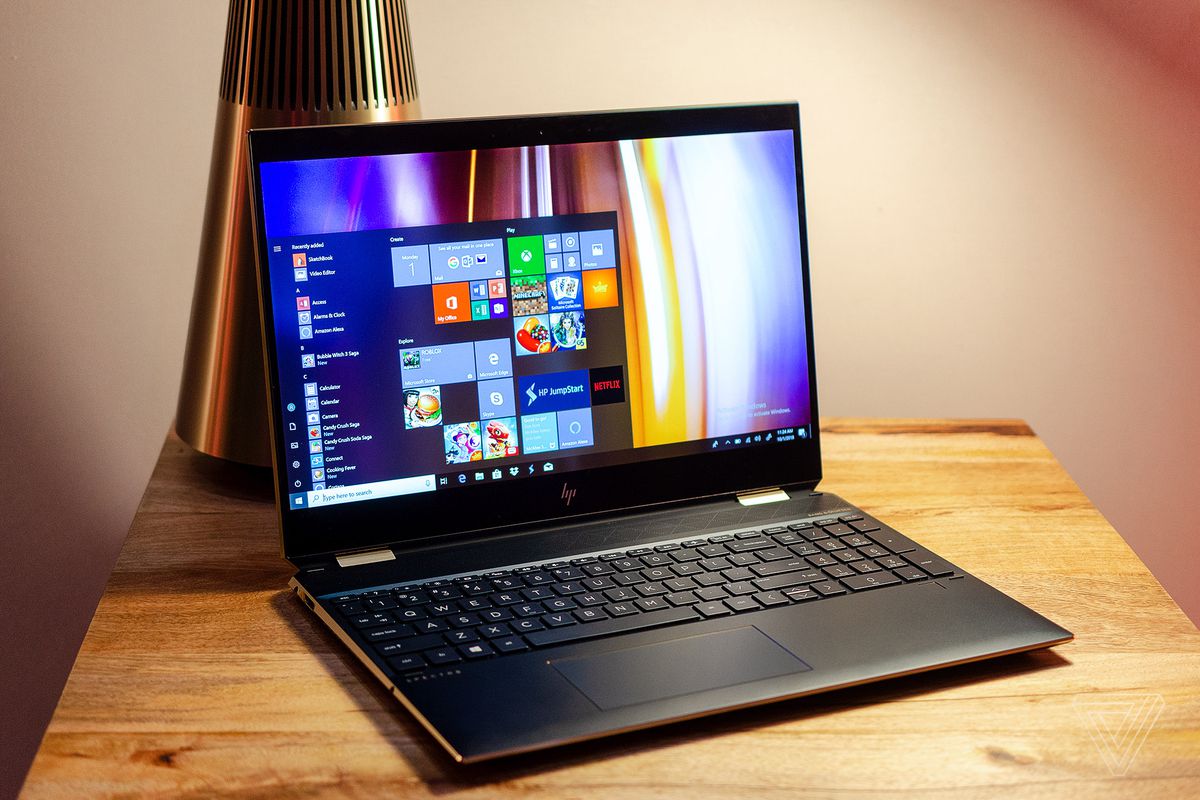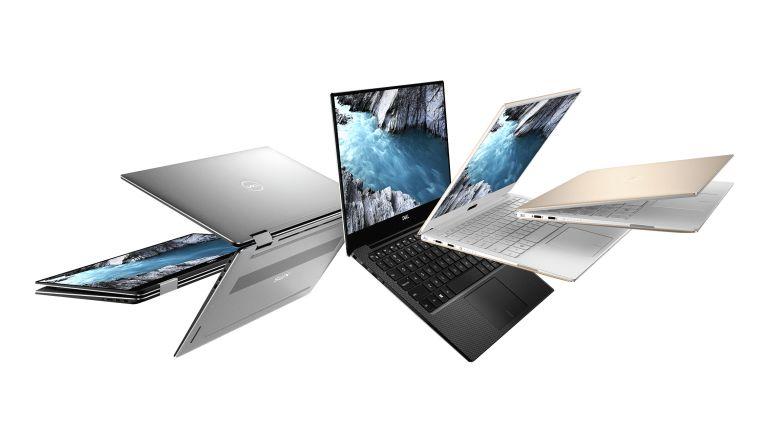5 Tips on How to Buy a Laptop
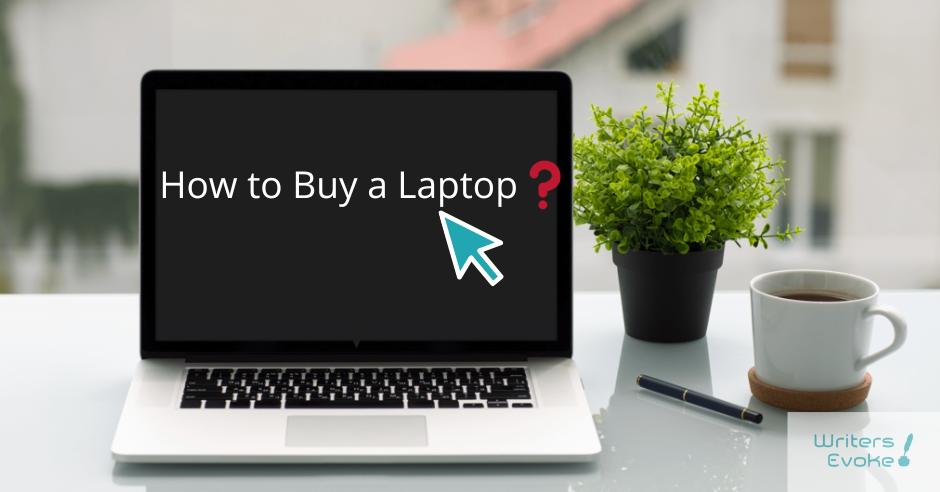
Index Of The Blog
Your laptop is a personal device. Hence, it needs to suit your personality and your need perfectly. It can be for entertainment, work, or school. In this guide, I’ll help you decide how to buy a laptop based on what’s best for your taste, your needs, and your budget.
As a starting point, ask yourself the three questions:
- Why do you want to buy a laptop?
- How will you use the laptop?
- What is your budget, and how much money are you willing to pay?
By asking the right questions, you narrow down your options and allow yourself to make a well-informed decision. Below are the five tips for buying a laptop. It will not be too technical because nobody likes drowning in many unfamiliar terms.
How to Buy a Laptop
1. Buy a Laptop: Function
The function must be second to none. Your laptop must be able to do what you are planning to use it for over the period you’re planning to keep it. Because not all laptops are created the same, one will perform better in other critical areas than the other. Each has weaknesses and strengths in their own right.
So let me ask you, are you a student who needs a document processing software? Or, are you an artist who needs the laptop for graphic design or video and editing software? Maybe, you’re a gamer or a developer? It could also be that you need it, mainly for entertainment.
Whatever your reason for buying it, it needs to serve its function well. In this aspect where you need to be particular about is the specs particularly:
- CPU, which is the brain of the laptop and equivalently known as the ‘processor.’
- RAM, which is short-term memory.
- Internal Storage (HD/SSD)
When it comes to RAM, the higher GB, the better, to give you an idea, an excellent entry-level gives you 4GB. That is a decent amount to get you day-by-day for entertainment, browsing, and document processing. 8GB of RAM can get you by just enough doing multimedia tasks.
Different processors have different strengths. There are some explicitly designed to be great at gaming, and some are to play well for multimedia processing.
Now, let’s talk about storage. As is usual, the higher the number, the better. Same thing with memory. Nonetheless, compromises still come hand-in-hand. You can get more significant storage on a hard drive at a cheaper cost than storage on an SSD.
2. Buy a Laptop: Battery and Weight
- 1.3-2 kg (2-5 lbs) – Standard weight for laptops that one can conveniently carry
- 6-8 hrs battery life for moderate-intensity performance is considered decent.
Let’s agree for one thing: You are buying a laptop because of its portability, second to its function. You like to be able to bring it with you and carry it around. So, wherever you are at any moment, you can use it when you need to.
If you do a lot of travel and if you are mobile all the time, carrying a heavy laptop around will cause an inconvenience in the long run. For one, it’s not the only thing you’ll bring with you. It’s just one of the many things. You don’t want its weight to be an added burden. There are many options. Keep in mind, however, that a lighter laptop usually comes with an added premium and a compromise in size.
Lightweight laptops are under 4 lbs or 2 kg. This weight is the ideal weight if you plan on carrying your laptop most of the time.
The battery is another thing that you need to pay attention to when it comes to portability. Not all the time, there’s a power source, especially if you are on a plane, train, or bus. And if you are using your laptop on your lap, it is pretty cumbersome that wire keeps dangling. As its main function is to keep you productive for long periods, it’s ideal to have its battery life of about 8 hours of moderate-intensity performance, and 4-6 hours for power-hungry computer tasks.
3. Buy a Laptop: Resolution vs. Screen Size
- 12 – 17 inches – screen size range for laptops.
- 13 – 14 inches – for standard use.
- 15-17 inches – for professional multimedia and gaming use.
- 1920 x 1090 Full HD – the standard resolution for most laptops.
- 2K, 3K, 4K – are available for higher-end models.
This screen size is an exciting area to talk about when buying a laptop. You don’t necessarily need to have a big screen size. What matters is the resolution, that is the quality of the screen. In essence, the higher is the pixel density, the better. If you had to choose between a bigger screen or the one with denser pixels, you would want to choose the latter.
When you have higher resolutions, the clear the images are for the same size. If you had a big screen that has a poor resolution, it will still not be pleasing the eyes. Not only that, but it will also tire you more easily.
4. Buy a Laptop: Operating System
This one can be a deal breaker. This selecting operating system is often enough to eliminate several competitors. Apple users who are already using iPhones, iPads, and Apple Watches will mostly consider just among the Macbook varieties, ignoring other options from other manufacturers. Windows, on the other hand, remains the most popular option for most.
5. Buy a Laptop: Cost and Extras for Ergonomics
For one, if you had the budget and money to get the best laptop packed with all the features and hardware more than what you will need – for the sheer convenience, power, and user experience – then go for it. Nonetheless, for the majority, the cost is a limiting factor. Extras cost a premium as well. A good example is Apple’s touch bar. It’s an option that you can opt-out on without compromising the laptop’s power and performance. Touchscreen features and tablet-convertible for other high-end laptops are another. If you had the money that you can splash for these extras, suit yourself.
In a nutshell
Buying a laptop is an enticing endeavor and very personal. One should think out well to ensure that you are maximizing the value that you can get for your money. It can be overwhelming at first, but once you factored in the five tips I have above, it should make your decision-making fast and efficient.
Also Read
- Best Chromebook for Every Budget
- How to Select the Right Gaming Laptop
- Types of Operating Systems for your Laptop
- Love the Coding & Designing: These are the Laptops You Should Consider




